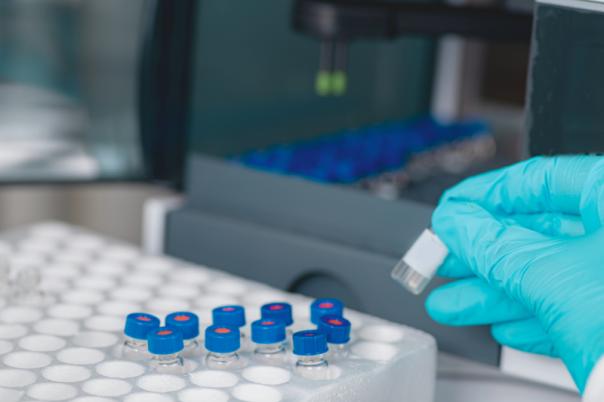Incorporating sustainability into drug product development is becoming more important, especially in the CMC (Chemistry, Manufacturing and Controls) environment. Jérôme Mantanus, Head of Material Science at UCB, discussed how we can create simpler and more sustainable commercial processes in drug development. To achieve this, one needs to look beyond stainless steel and the engineering point of view and instead consider unit operations, and the input materials used in the workflow.
Particle engineering considers the properties of the API and optimises features like particle morphology, size, and distribution. This optimisation is critical for achieving better flow and compression characteristics in drug products. Mantanus also discussed formulation screening and how this influences commercialisation.
Mantanus highlighted the benefits of continuous direct compression (CDC), including reduced process steps, higher process capability, and a smaller footprint compared to traditional batch processes. This method also supports lean targeting processes and reduced material consumption.
Furthermore, he explained how advances in CDC technology, such as computational modelling and simulation, aid in material selection and formulation development. CDC is also affected by drug loading, and compromising on the drug loading can facilitate drug development. The smaller the relative standard deviation, the better the tablet.
UCB is also collaborating with EleGent, a spin-off company from the University of Ghent, to build a database of API-excipient blends for direct compression. The team is now interrogating this database to come up with predictions about potential formulations that are suitable for a very specific API. Mantanus implied that this approach enhances the efficiency of the formulation process. He presented some ternary plots showing how percentages of different excipients impact the relative standard deviation of the tablet weight.
To progress in drug development, it is crucial to breaking silos between disciplines within CMC because this will achieve simplicity and sustainability in drug product development. Mantanus concluded by acknowledging that these projects were successful as a result of multidisciplinary efforts from UCB, EleGent, and CMAC.




